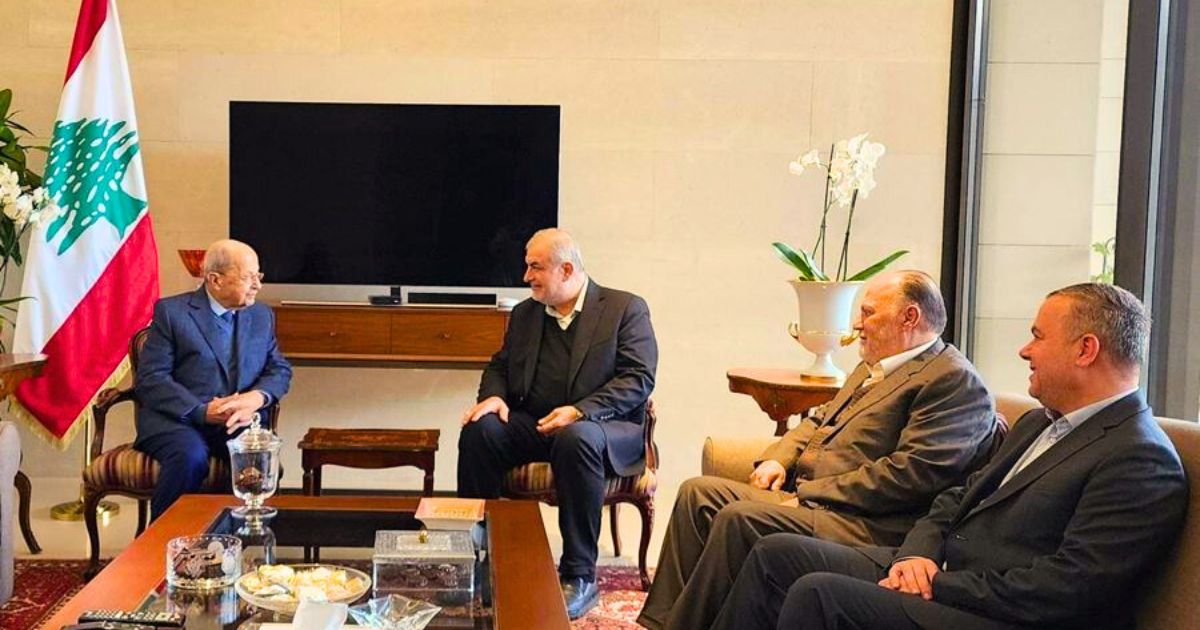Following the decision to construct metal barriers in Nijmeh Square on Tuesday, December 18, security forces began building large concrete walls in the areas that witnessed violence in the past week in central Beirut. Construction commenced Wednesday at dawn on various intersections leading to Riad Al Solh Square.
As did yesterday’s “Wall of Shame” at the entrance of the parliament building in Nijmeh Square, the walls being built to separate some streets of Beirut are garnering heavy criticism from Lebanese social media activists.
Social media users are saying that the walls are the authority’s way to “separate the children of one nation,” after “what fusion the revolution has achieved between [Lebanese] citizens.” People are also reviving yesterday’s hashtag جدار_العار# (Wall of Shame) and using it to express their disapproval of the freshly erected concrete walls.
بعد ما حقّقته الثورة من تلاحمٍ بين المواطنين من جميع الفئات و الطوايف و المناطق، تأتيك السلطة بمشاريعها على قاعدة “فرّق تسُد” ببناء #جدار_العار بين الساحات لتفرّق بين ابناء الوطن الواحد. هؤلاء الذين تفرّقون بينهم سيجتمعون سويًا في القريب العاجل في نفس الساحات #شيلو_جدار_العار pic.twitter.com/6S5bUaMap1
— IyadAlMohtar (@IyadAlMohtar) December 18, 2019
The reason for this decision seems to be the recent violent clashes that have been taking place between protesters, security forces, and some residents who live in proximity to Martyrs’ Square and surrounding areas. The frequency of these violent incidents has increased over the past few days for different reasons.
Notably, these walls have brought back memories from the 2015 “You Stink!” protests, during which security forces installed concrete barriers much like those being built now, around the Grand Serail in Beirut’s Riad al-Solh Square. Building the wall of 2015 was also preceded by violent encounters between police forces and protesters.
Moreover, that wall was also named the “Wall of Shame” by protesters and social media activists, who later filled it with art and graffiti.
Similarly today, some protesters are inviting others to turn the walls into works of art, while others are calling for its complete removal due to it being a way to “cut the communication, dialogue, and understanding between young people who share the same suffering and economic and social concerns.”
السلطة الخائفة من شعبها السلمي والغير قادرة على مواجهة أتباع الدويلة.#لبنان_ينتفض#جدار_العار pic.twitter.com/rn1MU3qv3I
— zouzoutannous (@zouzoutannous1) December 18, 2019


















